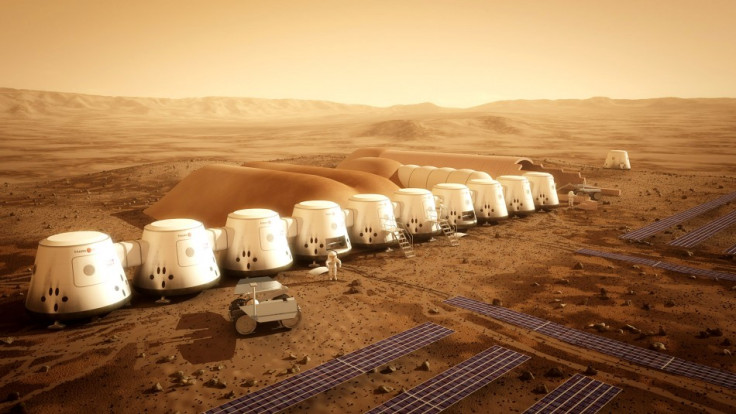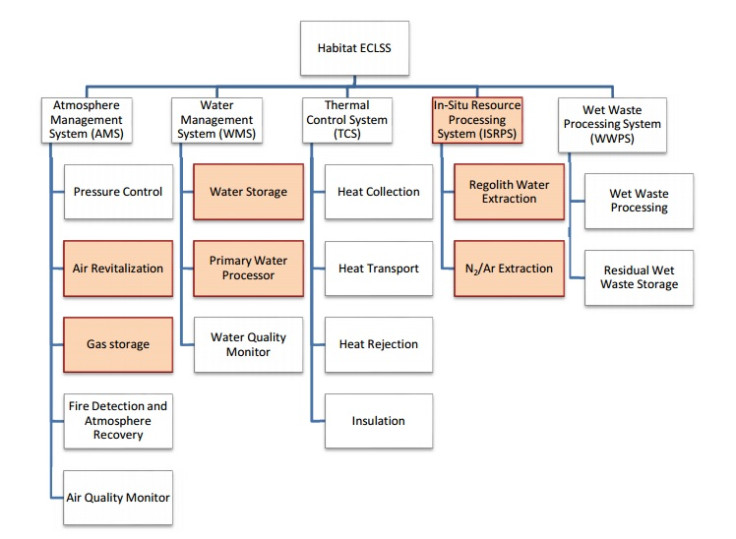Mars One: Human colony closer as Paragon unveils life support system for red planet

Establishing a colony of humans on Mars just got a step closer after a US company unveiled high-tech pods designed to sustain life in extreme hostile environments.
Aerospace engineering company Paragon Space Development Corporation launched its initial design for its Surface Habitat Environmental Control and Life Support Systems (ECLSS) for the Mars One mission to establish a human settlement on the red planet.
The ECLSS is designed to act as an atmosphere management system, water management systems and thermal control for the yet-to-be-picked volunteers on the one-way mission.
Among other essential services which are critical to human life, the system will also have an in-situ Resource Processing System which provides two main functions, namely water recovery from Martian regolith (soil) and nitrogen/argon production from the Martian atmosphere.

Paragon president and chief executive Grant Anderson said: "If the will and the means are provided, we will see humans begin to explore and even colonize other planets in our lifetime."
However, Arno Wielders, Mars One's Chief Technical Officer and co-founder, added: "An ECLSS design for a permanent human settlement on Mars has never been implemented and will need to consider the unique challenges of an extreme Martian environment."
Paragon chief engineer and director of Life Support Systems Barry Finger said: "The challenges to humans surviving and thriving on Mars are significant and not to be taken lightly, but we are convinced that the goal is achievable with the tools and technologies that exist today."
Mars One is a privately funded project which will give successful applicants, of which it has whittled down to 100, a one-way trip to Mars in an attempt to colonise the planet.
Eventually around 40 people will be sent to Mars on a permanent basis. The finalists will train for seven years and Mars One will begin sending out four at a time from 2024.
While Mars One says returning to Earth is not completely out of the question, once settled, the astronauts will not be able to come back as their bodies will have adjusted to Mars gravitational field which is only 38% of Earth's.
If they did come back to Earth, they would not be able to adjust to the higher gravity because of a change in their physiology, including a reduction in bone density, muscle strength and circulatory system capacity.
© Copyright IBTimes 2025. All rights reserved.






















